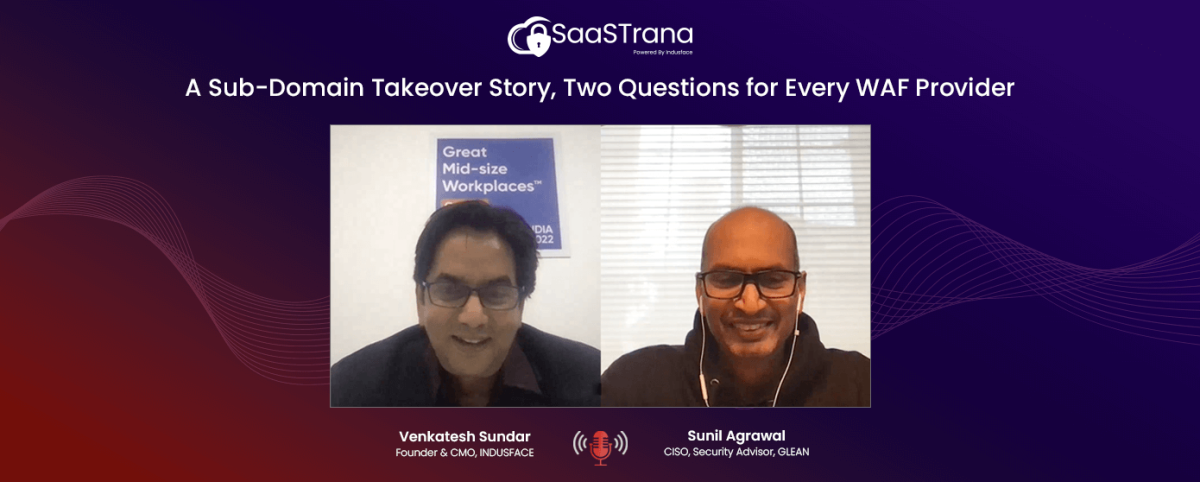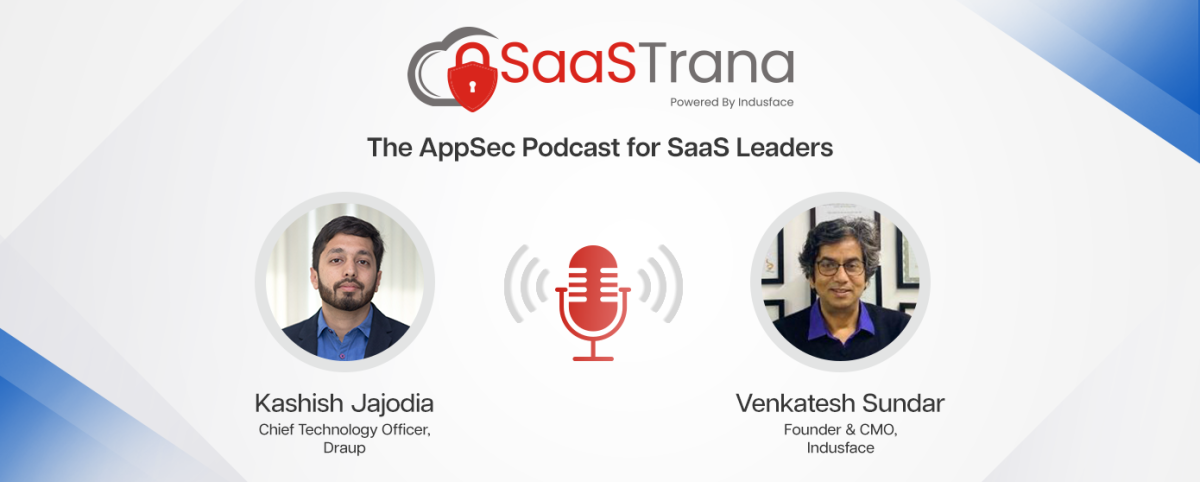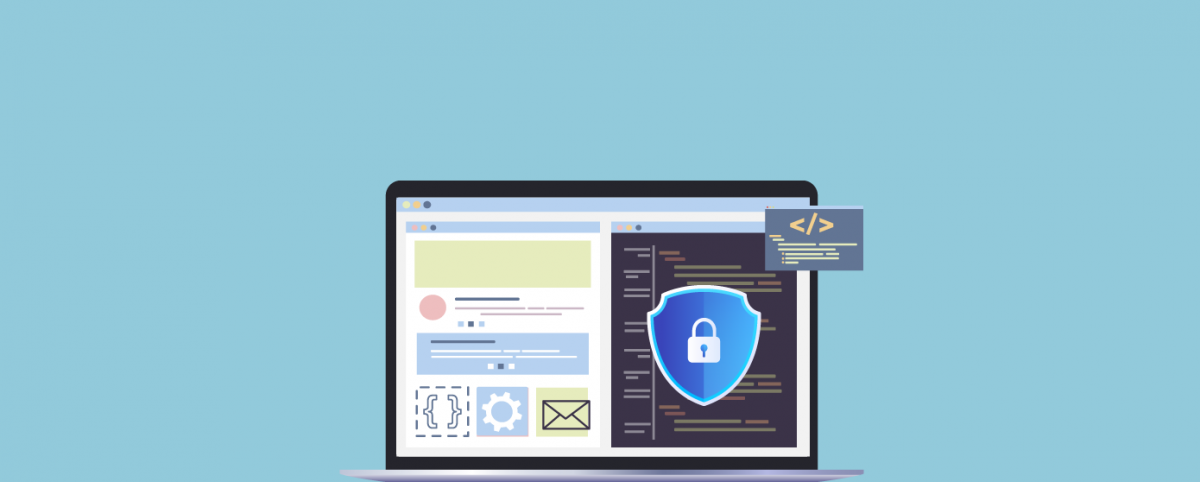How to Ensure the SaaS Solution?
Modern-day organizations are dispersed geographically and connected virtually. Organizations have an office in multiple time zones as well as remote workers from across the globe working together. Such teams work collaboratively, develop products and services and sell them to customers across borders thanks to cutting-edge, innovative solutions delivered by many SaaS solution vendors like Salesforce, Workday, Atlassian, Google Apps, AWS.
Benefits of SaaS for Organizations
With SaaS, organizations get subscription-based access to software on the Internet as opposed to installing hardware and infrastructure on campus. Organizations can immensely save on time, resources, and efforts by using software-as-a-service it eliminates the headache of managing and updating infrastructure and layers of software components. Organizations pay only for what they use for SaaS solutions, so there are no heavy upfront investments. SaaS services have leveled the playing field and helped small and medium businesses that have frugal resources to compete with much larger competitors very effectively.
Risk of SAAS
Information is precious to your business, and data breaches and cyber-attacks are emerging as the biggest threats to your organization. We constantly hear of instances of cyber-attacks and data breaches on big global players which have left them footing hefty costs including reputational damage. So, organizations must be concerned about web application security and information security.
When you try a SAAS service and subscribe to it, you are placing your trust in the service provider to not just deliver the features and value they promised but also to ensure they handle your data with care and take steps to protect the same. So, besides just evaluating the features, it is important that you also verify the measures in place by the vendor to protect from cybersecurity risks. If the SAAS vendor gets hacked, your data and critical applications and processes are also at risk.
So, it is important that every subscriber/ organizations ask the following questions to determine the level of security before they decide to onboard with a service provider.
Who owns the data? How is it handled at the end of the subscription?
Privacy Statement and the Terms of Agreement should answer these questions at the basic level, but, probe in-depth to understand what happens to your data when the service term ends and you do not on board with them. How is the access to your data handled within their own organization? Do they share your data with anyone else as is or in an anonymized form? Will all data about your account and generated via your usage of their service be purged programmatically and permanently from their system? Will you be able to acquire a copy of that data if you choose to?
Is the data always stored and transmitted using end-to-end encryption?
End-to-end encryption ensures that the subscriber’s data always stored in a secure manner, all user-server interactions also exchange data in a secure manner through SSL transmission. The data can include both your company details as well as your user data that the third-party service provider has access to. This is especially important if public cloud services are used.
How well and how often do they conduct their Application Security Audits?
Check how often SaaS vendor conducts the application security assessment, who performs it, do they perform frequent automated assessments as well as thorough penetration test-based assessments with the help of ethical hackers? Can you get access to those reports? Also, can you access a central dashboard where you can view their SAAS application security posture regularly?
Do they use an Application Firewall to protect the SAAS application?
Ask the vendor if they have the ability to identify, monitor, and protect from any malicious attacks and hacking attempts, and are they able to resolve new zero-day threats quickly in their SAAS application. Can you get access to the detailed reports or Firewall dashboards to verify the same?
Does the service-provider have rigorous compliance certifications?
When the SaaS service provider has such certifications as the PCI DSS, it means that they have undergone regular and rigorous security audits and that their security management, software design, network architecture, security policies, and other critical protective measures are up to date with the compliance requirements.
Security of SaaS solutions that your organization uses has a direct impact on the operations and reputation of your business and hence your market value. Every organization must choose SaaS service-providers who maintain high standards of security and are transparent with you about it.
Stay tuned for more relevant and interesting security articles. Follow Indusface on Facebook, Twitter, and LinkedIn.


 June 4, 2019
June 4, 2019






